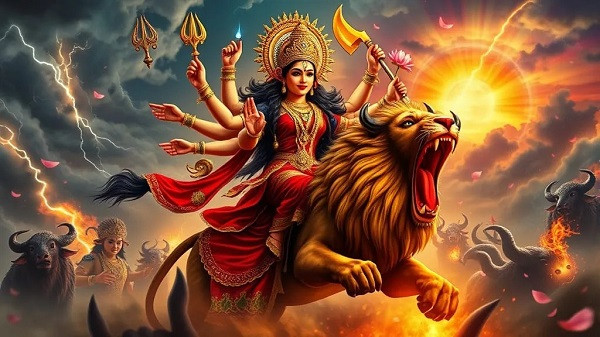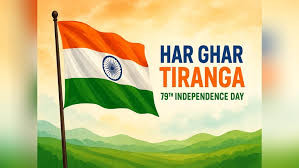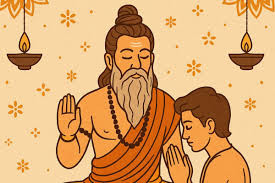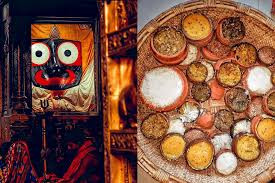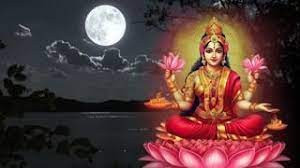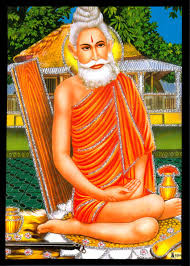Subho Noboborsho 2025: Heartfelt Wishes, Inspiring Quotes, and Warm Messages to Celebrate the Bengali New Year
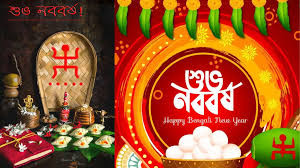
IIE DIGITAL DESK : Calendar marks the beginning of another year in the Bengali tradition, people across West Bengal and the Bengali diaspora around the world are celebrating Poila Boishakh with joy, cultural pride, and heartfelt connections. Subho Noboborsho, or the Bengali New Year 1432, is being welcomed with enthusiasm on April 15, 2025, as families, friends, and communities come together to exchange greetings, seek blessings, and embrace new beginnings.
The Bengali New Year, also known as Poila Boishakh, is not only a time for vibrant festivities and traditional feasts but also a moment to reflect on the past year and look ahead with hope and positivity. Markets in Kolkata and other cities have been bustling in the days leading up to the celebration, as people buy new clothes, sweets, and gifts to mark the occasion. Despite forecasts of rain in parts of West Bengal, the spirit of Noboborsho remains high, with many choosing to celebrate indoors with close family or virtually with distant loved ones.
A central part of this day is the exchange of greetings and well-wishes. Subho Noboborsho messages and quotes are flooding social media platforms, with people sending warm wishes in both Bengali and English. These messages often carry blessings for happiness, success, good health, and peace in the coming year. Traditional phrases like “Subho Noboborsho” or “Shubho Nobo Borsho” are accompanied by beautiful digital art, poems, and inspirational quotes that reflect the cultural richness of Bengal.
Popular quotes being shared this year include lines from legendary Bengali poets such as Rabindranath Tagore, whose works continue to inspire generations. Messages like “Let the new dawn bring new hope, new dreams, and new beginnings” and “May your heart bloom like a Baishakh flower, full of joy and prosperity” are among the many thoughtful wishes circulating online. Young people are also creating custom messages, memes, and reels, merging tradition with modern expression.
In addition to personal greetings, several organizations, educational institutions, and public figures have also shared their Noboborsho wishes. Political leaders have extended greetings to the people of Bengal, urging harmony and progress in the new year. Cultural programs, though scaled down in some areas due to weather, are still taking place in community halls, television specials, and online platforms, ensuring that the festive spirit remains alive.
Many Bengalis follow the ritual of visiting temples on this day, offering prayers for prosperity and wellbeing. Special pujas are held in homes and community spaces, and traditional meals featuring items like luchi, alur dom, shorshe ilish, mishti doi, and sandesh are enjoyed with great relish.
Poila Boishakh also marks the beginning of the new financial year for Bengali business communities, who perform the "Hal Khata" ritual—closing old account books and opening new ones with prayers and offerings.
As Subho Noboborsho 2025 is celebrated with warmth and cheer, it continues to be a reminder of Bengal’s rich cultural legacy and the enduring values of unity, renewal, and joy that the new year brings.
You might also like!


